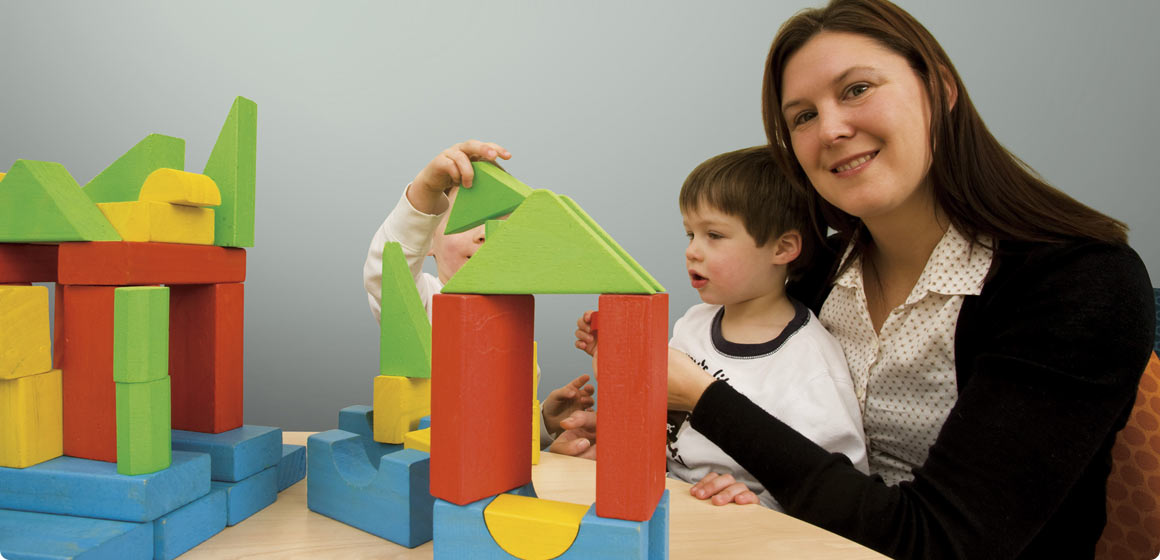
Common children's games have been shown to help hyperactive children learn better self-control and may provide a longer-lasting treatment for ADHD.
Teaching young children skills in self-control may provide a better and longer-lasting alternative to existing treatments for ADHD (Attention Deficit Hyperactivity Disorder).
Dr Dione Healey (Department of Psychology) has found that a series of “brain-training” games played by parents and pre-school children for 30 minutes a day over five weeks resulted in positive behavioural changes for children who were initially rated by their parents as at least 92 per cent more hyperactive than other children their age.
She and her colleagues have developed the ENGAGE programme (Enhancing Neuro-behavioural Gains with the Aid of Games and Exercise) that includes attention and memory games, ball skills, puzzles, behavioural regulation games such as “musical statues”, and relaxation. ENGAGE targets four key areas associated with poor self-regulation: hyperactivity, aggression, inattention and executive functioning difficulties – aiming to reduce these difficulties by improving the functioning of brain areas involved in self-regulation.
“We found that within five weeks the children showed significant reductions in hyperactivity, aggression and inattention, and improvements in two of four neuropsychological tests of executive functioning."
"We also found a correlation between improvements in behaviour and neurocognitive functions and the amount of time spent playing the games.”
The programme includes 25 games in total, with children and parents introduced to five new games each week. The games are begun at a level that is appropriate to each child's age and skill levels, and then increased in complexity over time.
“We showed parents how the games can be incorporated into everyday life and found that the children began to use the games too.”
At the completion of the five-week study, the children were monitored for another 12 months and this showed that improvements at the end of the intervention were maintained throughout the 12-month follow-up period. “This indicated that the effects of the intervention were lasting, which was most exciting, ” Healey says.
ADHD is one of the most common childhood disorders, causing difficulties for individuals, families, schools and wider society. However, existing treatments, such as medication and behavioural management training, which externally manage children's behaviour, do not have lasting effects. When the treatment stops the symptoms return.
Healey says the success of the ENGAGE programme indicates that teaching children better internal self-regulatory skills reduces the impact of hyperactivity, impulsivity and inattention, and may help to prevent these early difficulties from developing into ADHD as children grow older. This is particularly significant given research by the Dunedin Multidisciplinary Health and Development Study that has shown that young children with poor self-control at age three are more likely to have a variety of health and well-being issues in adulthood. Therefore, early intervention to improve self-control may reduce the rates of the long-term adverse outcomes that have been associated with poor self-control during the preschool years.
Now Healey has a three-year HRC grant to begin the next stage of the research, a randomised controlled trial comparing children who receive no initial intervention, with those whose parents receive a behavioural management programme (Triple P – positive parenting programme) and those who receive ENGAGE.
Funding
- University of Otago Research Grant
- Health Research Council of New Zealand